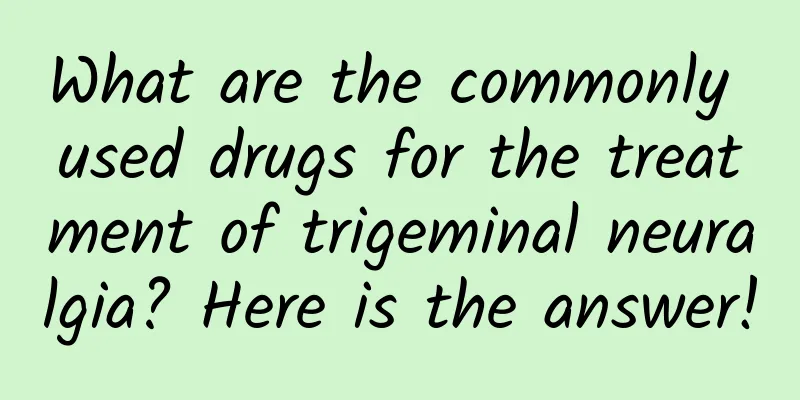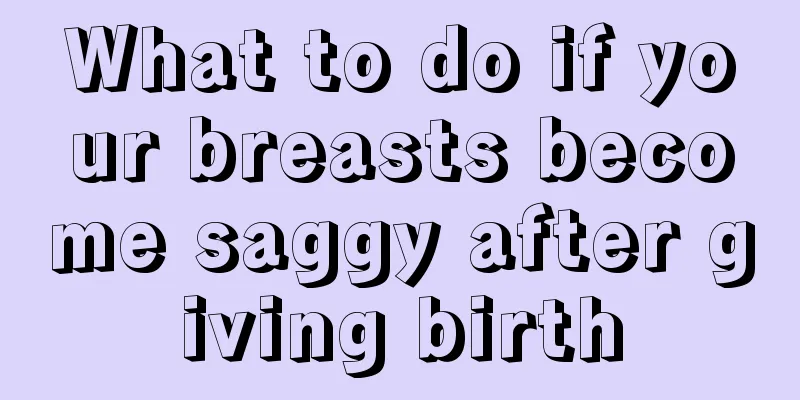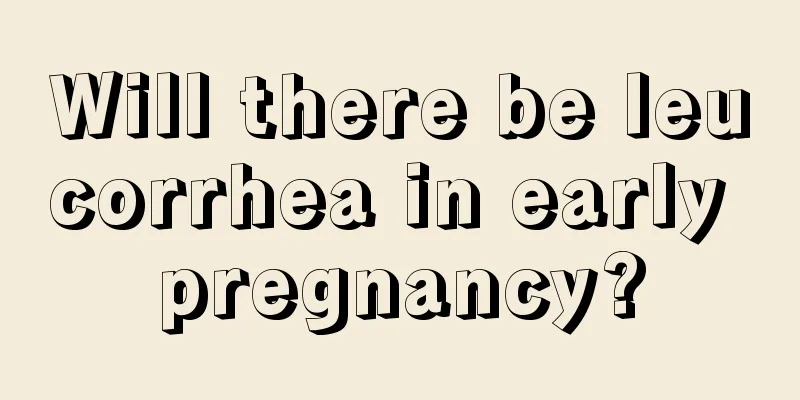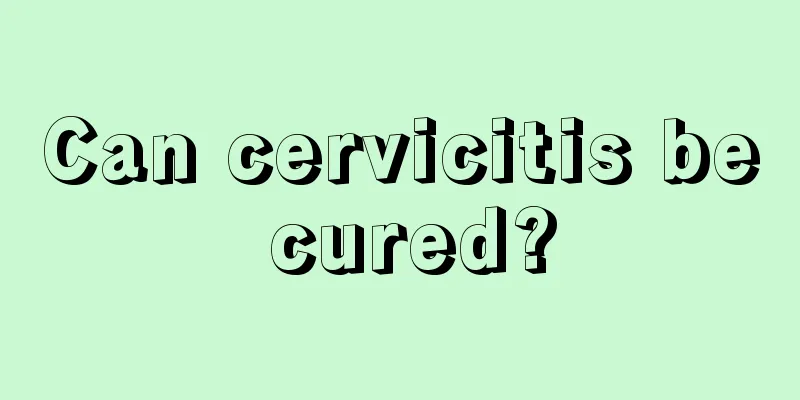What are the commonly used drugs for the treatment of trigeminal neuralgia? Here is the answer!

|
Trigeminal neuralgia is a common neurological disorder characterized by recurring, severe pain in the face. When this nerve malfunctions, even the slightest tactile stimulus, such as talking, chewing, brushing teeth, or even wind, can cause extremely severe pain in the face. So how to treat trigeminal neuralgia? What medicine is good to take? Let Changsha Yuxiang Hospital take us to find out. At present, the commonly used drugs for trigeminal neuralgia in clinical practice are mainly carbamazepine, phenytoin sodium, oxcarbazepine, gabapentin, etc. However, there is a general possibility of drug resistance in drug treatment. The initial effect is good, but as the disease progresses, symptom control often becomes worse and worse. 1. Carbamazepine Carbamazepine is the drug of choice for the treatment of trigeminal neuralgia. Most patients experience improvement or disappearance of trigeminal neuralgia pain within 24 hours of taking the medicine. The initial treatment efficacy can reach over 90%. Long-term use of the medicine is required to maintain the efficacy, but the efficacy decreases after long-term use and the dosage needs to be increased. Adverse reactions : Common adverse reactions include dizziness, drowsiness, rash, nausea, leukopenia, etc. To reduce adverse reactions, the dosage and frequency of medication should be controlled before analgesia (intermittent medication), and the patient's minimum effective dose should be found for maintenance use. Special attention : The maximum dose of carbamazepine should not exceed 1.0g/d. It is contraindicated in patients with severe liver dysfunction, bone marrow suppression, atrioventricular block, and severe serum iron abnormalities. 2. Oxcarbazepine Compared with carbamazepine, it has better tolerability and a lower risk of drug interactions. Oxcarbazepine is a second-generation anti-epileptic drug with a structure similar to carbamazepine. A study comparing the efficacy of oxcarbazepine and carbamazepine found that the two drugs were equally effective, with 88% of patients with trigeminal neuralgia experiencing a 50% reduction in the number of pain attacks. Oxcarbazepine is recommended for patients with severe adverse reactions to carbamazepine. Its efficacy is weaker than that of carbamazepine, but it has fewer adverse reactions. Adverse reactions: Dizziness, headache, and diplopia are common. Ataxia may occur after overdose. Blurred vision, nausea, drowsiness, rhinitis, cold-like syndrome, indigestion, rash, and coordination disorders are rare. Compared with carbamazepine, oxcarbazepine has fewer adverse reactions and is better tolerated by elderly patients. Special note: It is contraindicated in patients with severe liver dysfunction and atrioventricular block. 3. Phenytoin sodium Its mechanism may also be to reduce the response of neurons in the spinal trigeminal nucleus to stimulation. Currently, it is only used for patients with recurrent trigeminal neuralgia or those who cannot tolerate carbamazepine. Unlike anti-epileptic treatment, blood drug concentration is not related to the effect of pain control. Adverse reactions include rash, liver damage, bone marrow suppression, etc. 4. Gabapentin Gabapentin relieves trigeminal neuralgia by regulating calcium channels and the release of excitatory amino acid transmitters, inhibiting neuronal overexcitation. It is better tolerated than first-line drugs, has relatively no drug interactions, and has a low risk of liver/kidney toxicity. Adverse reactions: Common reactions include drowsiness, dizziness, ataxia, fatigue, nystagmus, headache, tremor, diplopia, rhinitis, nausea and vomiting. Generally, these reactions can be alleviated after continued use of the drug. Convulsions, pharyngitis, dysphonia, weight gain, indigestion, amnesia, nervousness, etc. Occasionally, pancreatitis, liver damage and Stevens-Johnson syndrome occur. Special note: It is contraindicated for patients with severe heart failure and acute pancreatitis. 5. Seven-leaf lotus It is a herbal medicine of the genus Chaenomeles in the family Akebia, also known as false litchi. The analgesic effect is about 60%. Patients with trigeminal neuralgia take it orally, 0.4g each time, 4 times/d. There are no serious adverse reactions, and a few may have dry mouth, upper abdominal discomfort, loss of appetite, slight dizziness, etc., which can be recovered after stopping the drug. He Chengbiao, chief of neurosurgery at Changsha Yuxiang Hospital, said: Although the treatment of trigeminal neuralgia is generally controlled by drugs, if it cannot be controlled, other treatments must be carried out. For example, surgery, radiofrequency, balloon compression, block therapy and other methods are used for treatment. Of course, these methods have their own indications. Source: Department of Neurosurgery, Changsha Yuxiang Hospital Follow @湖南医聊 to get more health science information! (Edited by Wx) |
>>: A scientific guide to flat feet and high arches. Don’t let your feet “deformity” ruin your life
Recommend
How to relieve lumbar disc herniation at home!
《Cotton Swab Medical Science Popularization》 Cai ...
Is there anything particular about what the bride should step on when getting out of the car? What's the matter with wrapping the groom around a tree with tape?
Nowadays, when people get married in rural areas,...
[Northern Xinjiang Science] These 10 habits are good for your heart
The heart keeps beating, which is very "hard...
What does leucorrhea look like on ovulation day?
Ovulation day is a special stage for every woman....
10 Benefits of Salt for Detoxification and Beauty
Salt has the effects of deep cleansing, steriliza...
Breasts will have intermittent pain
Breast health is an issue that many women are con...
Need IV drips every time you get sick? These diseases don’t require it!
For a long time, people have believed that intrav...
What to do if a woman has high testosterone
Testosterone is an important hormone in women, an...
How much is progesterone in 34 days of pregnancy
Pregnancy also has a certain cycle. The pregnancy...
Is it good to eat kiwi fruit during early pregnancy?
Many female friends pay special attention to thei...
Causes of uterine calcification
Endometrial calcifications can actually directly ...
What to eat for breast hyperplasia? Six is enough
Breast hyperplasia is a type of female breast dis...
What is the cause of pain on both sides of the pregnant woman's stomach?
Many pregnant women report that they often feel p...









